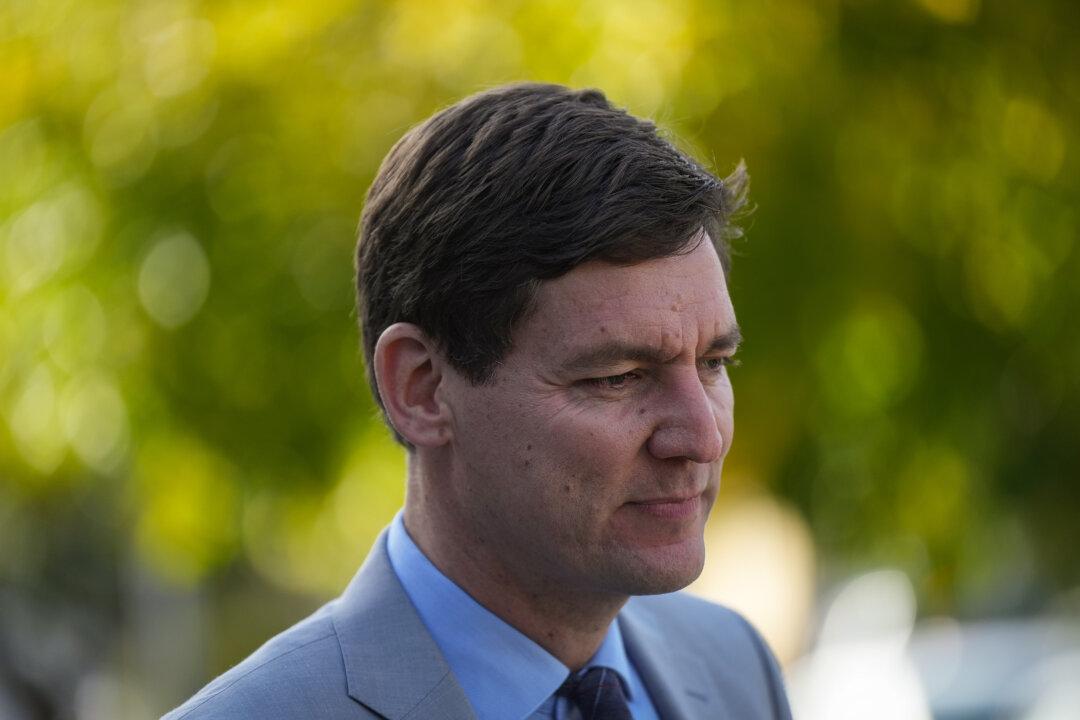Amid heightened foreign meddling concerns, B.C. Premier David Eby asked the prime minister’s national security adviser if Ottawa could help political parties in his province vet names for nefarious foreign ties, records submitted to the Foreign Interference Commission show.
A list of questions Eby reportedly asked National Security and Intelligence Advisor (NSIA) Jody Thomas at a meeting was entered as evidence at the inquiry on Oct. 7. The undated document says Eby “raised the topics of Foreign Interference; Election Security; countering fentanyl, organized crime, money laundering, corruption, and strengthening provincial and community security.”





